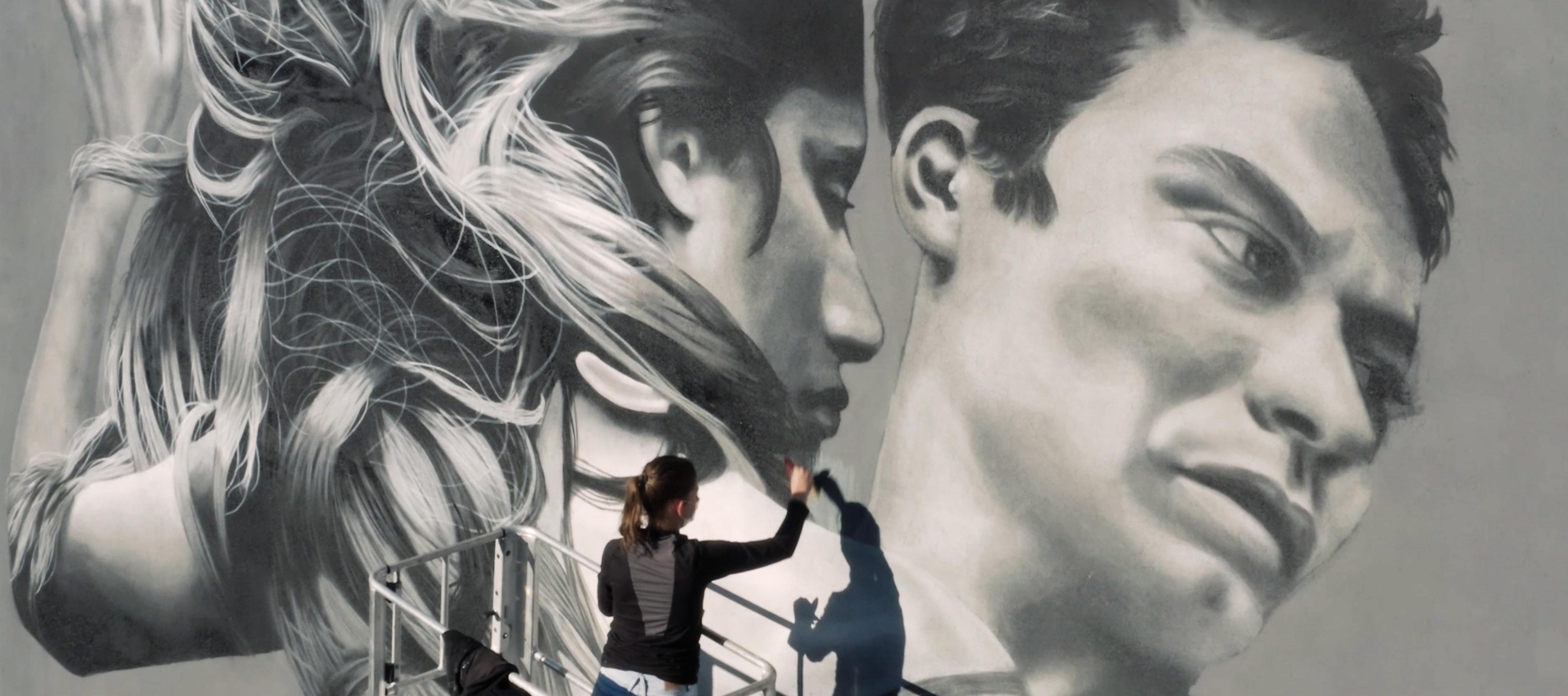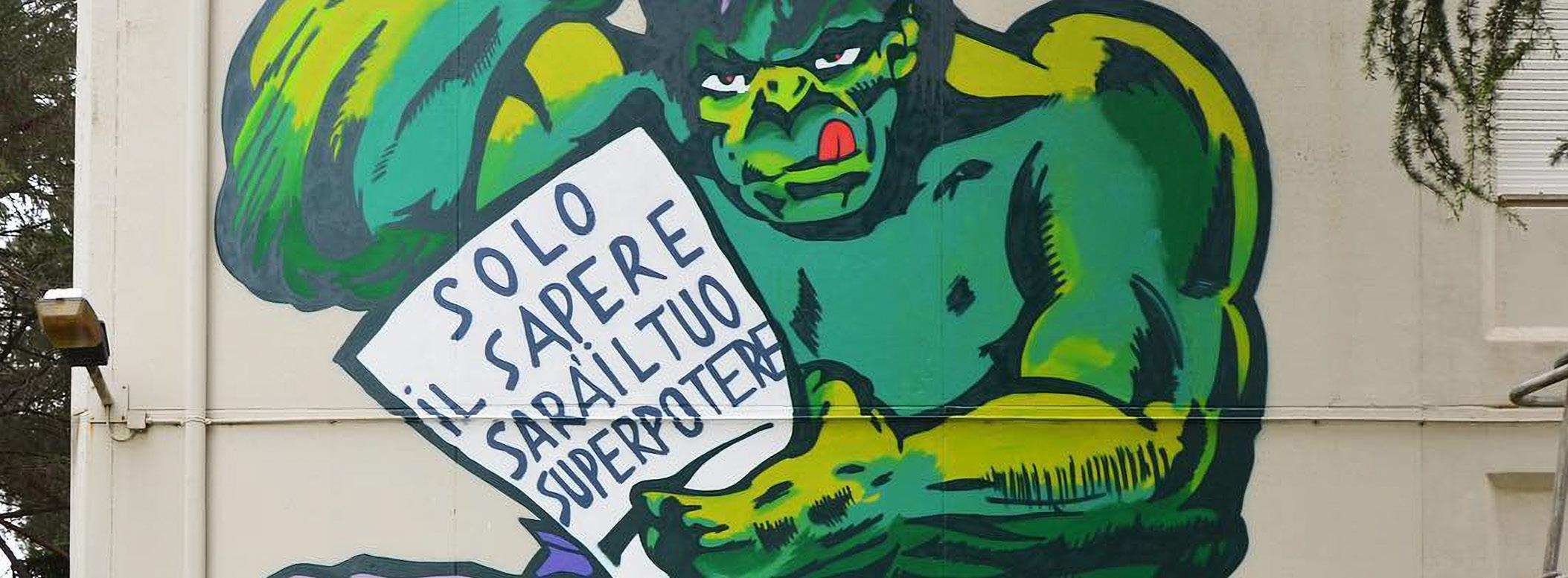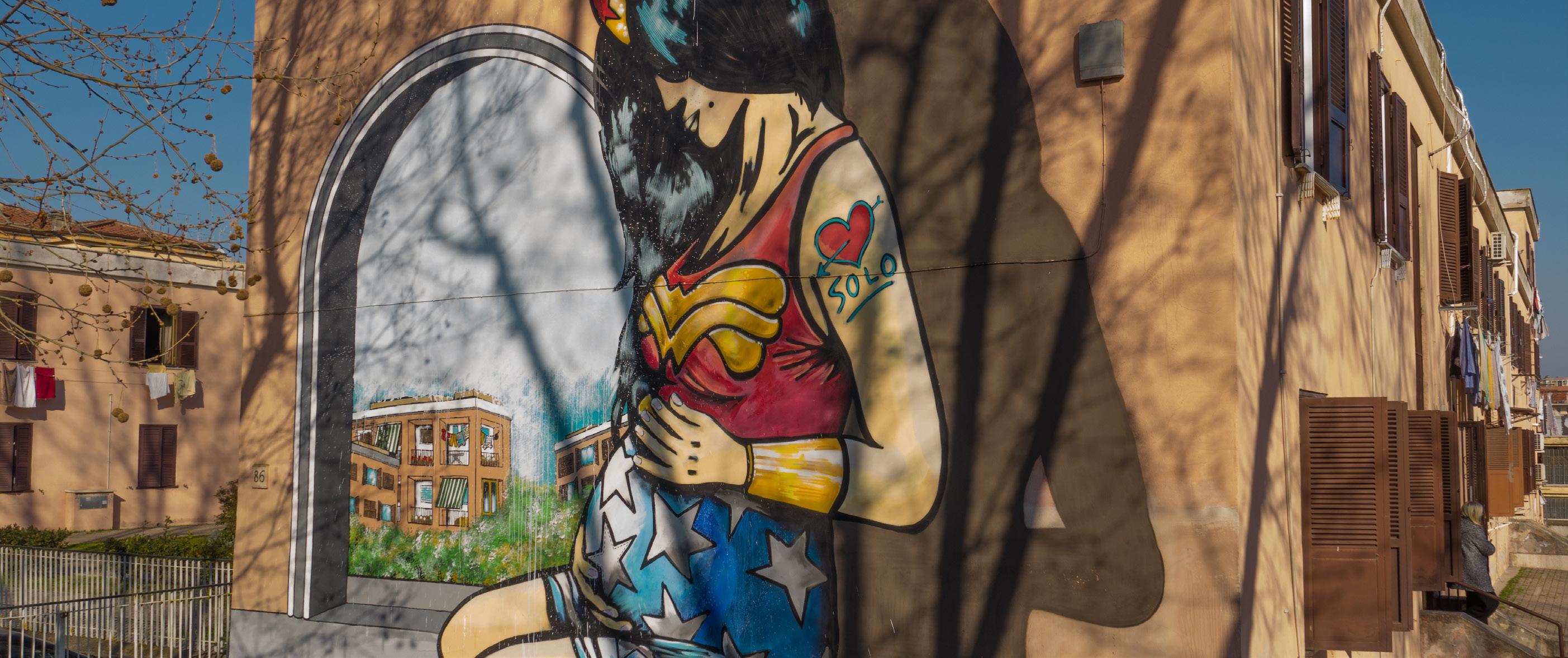15
Art and Politics
Art and Politics
Democracy and Freedom NATHALIE TOCCI Director of the Istituto Affari Internazionali and Special Advisor to EU High Representative and Vice President of the Commission Democracy, human rights and fundamental freedoms lie at the core of confrontation in the crystallising international system. There was a similar situation, albeit implicitly, during the Cold War. That conflict, involving nuclear warheads and proxy wars, was in essence an ideological confrontation between capitalism and communism – opposing visions of the best way to organise communal life. In the nuclear arena, it was a real confrontation, potentially threatening the end of life on earth itself. Yet, in its ideological dimension, there was never a real match: on both sides, the vast majority of people well understood where the better life could be led. The three decades of US hegemony that followed the end of the Cold War confirmed this reading. We thought we had reached the end of history, and that, though at differing speeds, the whole world was destined to move towards liberal democracy: after all, economic prosperity could only go hand in hand with political freedoms. Democracy and prosperity were two sides of the same coin. Today this certainty is crumbling. We are living in an era in which normative contestation is concrete. China has shown us that economic wealth is possible without political freedoms. Moreover, Beijing suggests that an undemocratic system could prove more effective than democratic governments in managing a pandemic. As Western liberal democracies buckle under the weight of COVID-19, China, the first country to be hit by the virus, has bounced back and resumed its growth. China, alongside Russia, is increasingly juxtaposing itself to the United States and Europe. Vladimir Putin sings the praises of illiberalism, considers Western liberal democracies inefficient in their governance, slack in their defence, and above all morally and politically corrupt. And some in the West are tempted by the sirens of authoritarianism. Sovereignists and nationalists of all stripes feel the magnetic call of the strongman in power.
Yet there is no inevitability in the direction of travel ahead of us. The international order of the future will probably no longer be as liberal as we have come to expect since the end of the Cold War, but it will not necessarily be illiberal: we will live in a non-liberal order, in which liberal and illiberal powers co-exist, compete, co-operate, and sometimes clash. The liberal democracies of Europe and the Americas, like those of Asia and Africa, will have to learn to live in an international order in which normative, as well as political, economic and security competition, will become ever tighter. It will be important, as never before, to strengthen international co-ooperation between liberal democracies, on both sides of the Atlantic, and also to embrace Asian, African and Latin American democracies. To meet the challenges of global governance particularly in the digital, demographic and security realms, the sharing of values will be essential. This does not imply a clean break with non democratic countries, beginning with China. One of the main differences, and one of the mitigating factors of the conflict in this new Cold War, is a level of interdependence and connectivity that never existed with the Soviet Union. And on climate change, non-proliferation, pandemic response and economic recovery, co-operation between democratic and authoritarian systems, however difficult, will be essential.
14 16










